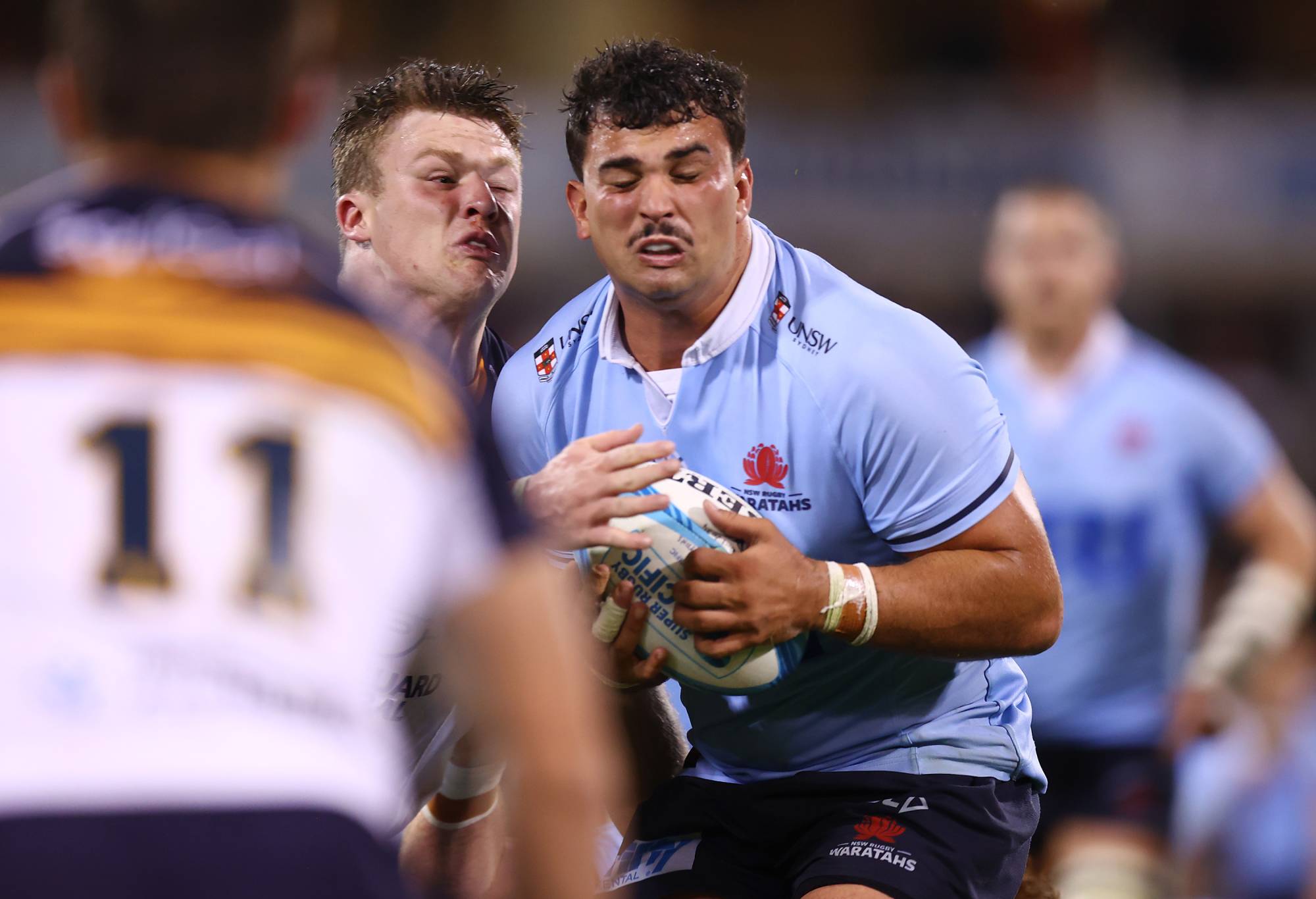
We speak to a combined eventer about learning to move on from disappointment, changing his approach and targeting Paris
There’s a commentary that replays in Jack Turner’s mind when the going gets tough. He’d prefer it not to exist, but its presence – an excruciating reminder of a disappointing British Championships in June 2022 – serves a valuable purpose.
“2022 was just a mess,” he reflects, almost laughing in disbelief at his experience.
Turner, representing the University of Texas at San Antonio at the time, had completed his first senior decathlon in May 2021 but ended up with three bulging discs in his back. It was a harsh return for ten hard disciplines and 7659 points, and an injury that led to him questioning his future in the event. Appendicitis at the end of that year resulted in his appendix being removed, another significant set-back on his lengthy road to recovery.
Not surprisingly, Turner’s early season attempt at hitting the Commonwealth Games qualifying standard of 7750 fell short. Still “scrambling around” for the score, he returned to the UK for the British Championships under-prepared and paid the price as he fell apart in the 1500m: “I went from first to third, no-one expected it… and everyone saw it,” he says. “I didn’t have a summer after that, it was just so bad.”
Ashley Bryant, a supportive figure throughout Turner’s career, helped him turn things around: “He said to me: ‘You’ve just got to get fit’, so I spent that whole summer, the whole fall, just training and building. Every running workout I did I had that brutal commentary from the British Champs in my head. I thought: ‘I’m never losing in a 1500m again, it’s not happening’. It was a pretty traumatic year, but it was such a wake-up call. Without it, I don’t think I’d have scored 8000. It was probably the most important year of my whole career so far.”
Eleven months later (May 2023), Turner became the seventh British man to exceed the 8000-point barrier with a score of 8011 at the Conference USA Outdoor Championships. “It made me learn about what hard work really is,” he says.

Jack Turner (Getty)
Now a University of Arkansas ‘Razorback’ and completing a Master’s degree in operations management, Turner is excelling under the guidance of coach Travis Geopfert. He scored a stunning 6000 points in his first heptathlon of the 2024 indoor season to win the Razorback Invitational in January, only the second British athlete in history to achieve that mark.
All eyes are now on the NCAA Indoor Championships in Boston in March, followed by an attempt at the Olympic Games decathlon qualifying standard (8460) – and of course the NCCA Outdoor Championships. It won’t be easy. Historically, many British athletes have struggled with the transition from a US summer goal to a European one, but Turner is prepared to make it work.
While the British Championships audio is getting fainter, it will always be there. Whereas in the past it was a reminder of what went wrong; now it represents what’s possible. “My goal is the Olympics and I’m dead set on making the team,” says Turner. “It’s going to be hard…but I think it’s doable.”
READ MORE: How they train series
“Training here is so adaptive, but the thought that goes into it is amazing,” says Turner. “Before, I had the talent and I put out some big scores, but I was quite inconsistent and I didn’t know why. There was so much guesswork in my previous set-up and I had to figure out so much stuff myself.
“When I moved to Arkansas, Travis said: ‘Let me do all the thinking, you just need to go out and compete,’ and it’s made my life so much easier. I trust him because I’ve finally found someone that seems to have all the answers.”
Typical training week
Monday: shot put (“We start with drills such as holding a heavy med ball and segmenting various parts of the throw,” explains Turner. “For ‘swivel hips’ we’d hold the med ball in a standing throw position and practise continually turning the hips back and forth, as though you’re about to throw.”); high jump drills; track workout such as 8 x 200m at 27-30sec per rep off 2-3min rest. This is a multi-purpose workout currently focused on pacing for the 1000m in the heptathlon.
Tuesday: hurdle drills and session such as 1 x set of warm-up hurdles, followed by 1 x rep over one hurdle (typically one height down from comp height, but with foam barriers to bring the height back to full height for safety and confidence over the hurdles), followed by 1 x 3-4-5 hurdles often against team-mates; acceleration work (out of blocks); gym.
Wednesday: recovery day. “This isn’t a day off,” says Turner. “It’s a day spent on rehab with the physios.”
Thursday: acceleration work – for example, wickets to work on mechanics (30-40m acceleration), or block starts so 1 x 10m, 1 x 20m, 1 x 25m, 1 x 30m. “Our training emphasis is on acceleration work all year, but we only do ‘top end’ speed work only when we get close to competition,” says Turner; discus work or focus on jumps. “It depends on how we feel and what we need to work on,” he says; gym.
Friday: hard track workout such as focus on 1km via 600m – 4min recovery – 200m – 1min recovery – 200m – 4min recovery – 400m (400m in around 53sec, 200m in around 30-32sec). Or a more hybrid session benefiting 400m speed endurance such as 400m in flats (53sec) – 8 minutes – 300m in spikes (37sec) – 10 minutes – 2x200m at 25-27sec; pole vault (jumping off full approach during the season, “working on run up rhythm, take off and everything in-between really.”); drills.
Saturday: gym then javelin work (weighted javelin ball throws into a net and light javelin work at this
time of year).
Sunday: day off.
This article first appeared in the March issue of AW magazine, which you can buy here
How they train: Jack Turner appeared first on AW.


















You must be logged in to post a comment Login